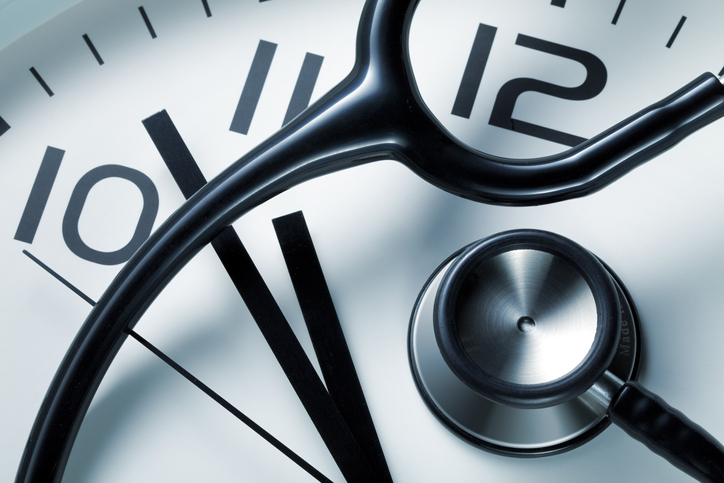An X Prize competition by Nokia to find companies developing medical sensing technology for diagnostic tools has shortlisted 11 life science businesses. The finals will seek to demonstrate which companies can validate their technologies. Six teams stand to win $2.25 million, including a grand prize winner who would haul away $525,000.
In a phone interview with Grant Campany, senior director of the Challenge, he said that the competition seeks to highlight interesting companies that might otherwise go unnoticed. The exposure these companies get from being in the spotlight and successfully demonstrating that their technology works attracts investor interest. Among the criteria for winning are demonstrating accuracy and consistency, technical innovation, market opportunity, originality, and user experience. The winning teams will be announced November 10.
There’s a certain amount of overlap with the Qualcomm Tricorder X Prize. At least one of the finalists in the Qualcomm competition is also a finalist in Nokia’s sensor challenge.The public will also get a chance to check out demonstrations by each of the finalists and support the team they like until October 30 by clicking on this link.

With the Rise of AI, What IP Disputes in Healthcare Are Likely to Emerge?
Munck Wilson Mandala Partner Greg Howison shared his perspective on some of the legal ramifications around AI, IP, connected devices and the data they generate, in response to emailed questions.
ARCHIMEJ TECHNOLOGY is led by co-founder Francisco Vega, developing a handheld blood analysis device. It’s intended to detect damaged tissues, control medication and chemical substances present in the body, identify deficiencies and intoxications, and monitor diseases, according to an Indiegogo campaign. Its website is in French and its headquarters is in Evry, France.
Atoptix a team of electrical engineering professors at Pennsylvania State University, in State College, Pennsylvania. It developed mobile-based spectrometer sensing technology using blood and tissue. It has received funding from Pennsylvania’s economic development arm, Ben Franklin Technology Partners of Central Pennsylvania, to assess personal health information.
Biovotion includes an acceleration sensor and a temperature sensor to measure skin temperature, blood oxygenation and heat rate among other things.It is developing a wearable multi-sensor device for monitoring patients with chronic conditions. It is based in Zurich, Switzerland.
DMI is also a finalist team for the $10 million Qualcomm Tricorder XPRIZE. It is developing a sensor to review and process clinical lab tests using a single drop of blood in a technology that sounds a lot like Theranos. Dr. Eugene Chan is the CEO and Head Scientist at the DNA Medicine Institute.
Eigen Lifescience developed a way to convert a mobile device into a portable biosensor platform.
Endotronix Wireless Health Monitoring produced a miniature, implantable sensor to remotely monitor patients with chronic heart failure.
eyeMITRA is affiliated with MIT Media Lab and it’s producing a mobile phone-based imager to detect diabetic retinopathy earlier.
Golden Gopher Magnetic Biosensing Team is a collaboration between researchers from the University of Minnesota at the Mayo Clinic and corporate partners in the life sciences, audio electronics repair and mechanical design space. It is developing a sensing device that claims it will simultaneously detect up to 10 health indicators.
GUES is made up of electrical engineering faculty and researchers from Imperial College and is creating a sensor with a companion app to detect sleep apnea and hypopnea.
Hemolix is a team of engineers led Anna Pyayt, head of the Innovative Biomedical Instruments and Systems Lab at the University of South Florida, developing a mobile phone-based technology for early detection of a dangerous pregnancy complication, HELLP syndrome.
SensoDx which also took part in the first Nokia Sensing XCHALLENGE competition is looking at sensor technology to assess cardiac risk at an early stage.














